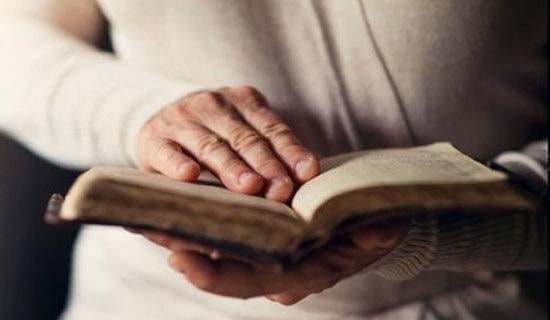- 相關(guān)推薦
六級(jí)寒假閱讀補(bǔ)習(xí)(1)
Test One

Directions: There are four passages in this part.Each passage is followed by some questions or unfinished statements.For each of them there are four choices marked A),B),C) and D).You should decide on the best choice and mark the corresponding letter on the Answer Sheet with a single line through the centre.
1
Questions 1 to 5 are based on the following passage:
Auctions(拍賣) are public sales of goods,conducted by an officially approved auctioneer.He asked the crowd to gather in the auction room to bid for various items on sale.He encourages buyers to bid higher figures and finally names the highest bidder as the buyer of the goods.This is called “knocking down” the goods,for the bidding ends when the auctioneer bangs a small hammer on a raised platform.?
The ancient Romans probably invented sales by auction and the English word comes from the Latin “autic”,meaning“increase”.The Romans usually sold in this way the spoils taken in war;these sales were called “sub hasta”,meaning “under the spear”,a spear being stuck in the ground as a signal for a crowd to gather.In England in the eighteenth and nineteenth centuries goods were often sold “by the candle”;a short candle was lit by the auctioneer and bids could be made while it was burning.
Practically all goods can be sold by auction.Among these are coffee,skins,wool,tea,cocoa,furs,fruit,vegetables and wines.Auction sales are also usual for land and property,antique furniture,pictures,rare books,old china and works of art.The auction rooms at Chritie’s and Sotheby’s in London and New York are world?famous.?
An auction is usually advertised befo
【六級(jí)寒假閱讀補(bǔ)習(xí)1】相關(guān)文章:
經(jīng)典閱讀105-01
寒假補(bǔ)習(xí)作文02-22
決勝六級(jí)--簡答(1)05-04
四六級(jí)閱讀詞匯05-04
寒假補(bǔ)習(xí)班面試05-01
我的閱讀故事104-30
「六級(jí)英語詞匯(1)」05-04
初二閱讀365(1)05-04
高二閱讀365(1)05-04